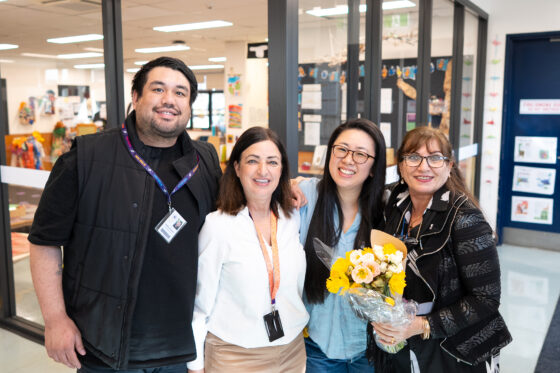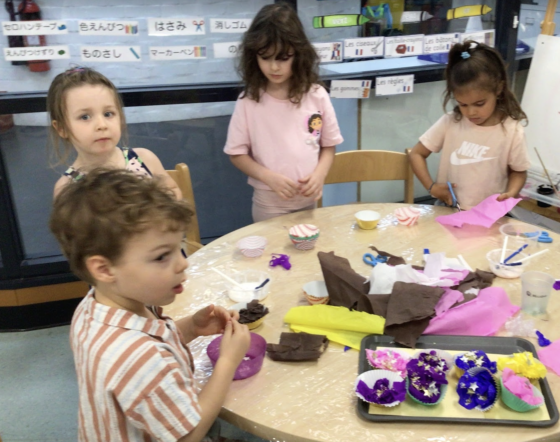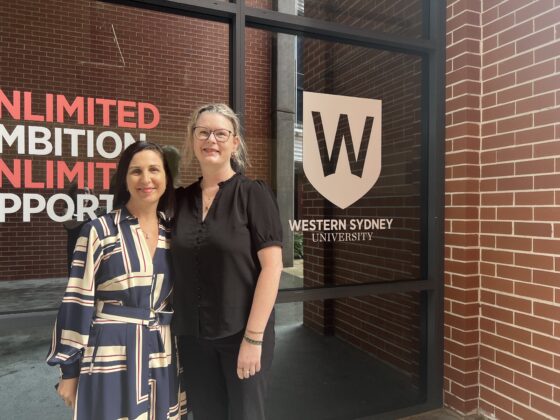During term break I was fortunate to attend the National Reggio Emilia Australia Information Exchange Conference in Melbourne — the first post COVID-19 Reggio Conference and a gathering of 800 early childhood and primary school professionals from every state and territory as well as attendees from New Zealand and the US. I was proud to be representing IGS, sharing our story and journey embedding principles of the Reggio approach in our programs with new colleagues.
Uncle Shane Charles welcomed attendees to the conference and shared a thought provoking sentiment from First Nations perspective:
“Knowledge is gifted to us when we are ready for it”
“If you’ve learnt something, share it with someone”
During the conference we were privileged to hear many lectures from Pedagogistas and Ateliaristas from Reggio Children in Reggio Emilia, Italy who provoked our thinking on the image of the child — that is where teaching begins (Loris Malaguzzi, founder of Reggio Children).
At IGS we view children as capable, diverse, creative and curious.
“The pleasure of learning, of knowing, of understanding is one of the first, fundamental sensations each human being expects from experiences faced alone or with others” Loris Malaguzzi.
In examining the principles underpinning the Reggio approach, something that rose to the top of my thoughts is the way topics or subjects children are exploring can stay the same over periods of time — for days, weeks and sometimes through the school year. I thought of this in terms of children’s experiences in the Centre at IGS, and perhaps also in the contexts of your homes.
Children may work on a project or topic every day — on various aspects, contexts, using a range of tools and diverse materials — engaging with the same subject but through different entry points and elaborating in different ways. In these experiences, children are not becoming bored.
Children enjoy repeating, revisiting, adjusting, integrating and incorporating some new things into the play — that’s the way children get “inside” things, make sense of reality. Time is something that stays with children, and helps them become active in terms of handling and mastering what they are trying to achieve.
I look forward to continuing to share my learning with my colleagues in Early Learning as we reflect on and strengthen our practice with ongoing focus on purposeful design of every aspect of the environment to support rich experiences for children informed by the principles of Reggio Emilia.

Sarah Herbert
Head of School Early Learning


